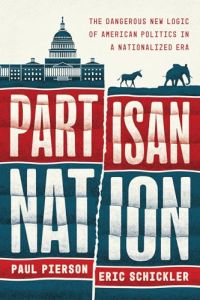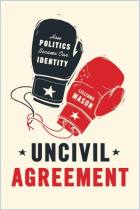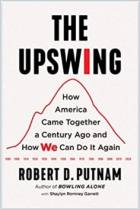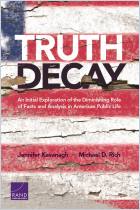Join getAbstract to access the summary!

Join getAbstract to access the summary!
Paul Pierson and Eric Schickler
Partisan Nation
The Dangerous New Logic of American Politics in a Nationalized Era
University of Chicago Press, 2024
What's inside?
American democracy is facing its kryptonite, according to two political scientists.
Recommendation
For all the strengths of America’s democracy, it’s ill-adapted to fight off the disease of hyperpartisanship. That’s the message from political scientists Paul Pierson and Eric Schickler in this sobering analysis of a political era defined by a “nationalized” form of polarization — a unique and more destructive type of partisanship than previously seen in the United States. The authors delve into the historical currents that led to today’s morass, including the 1960s racial re-sorting of political parties and the more recent decline of local news coverage. Readers trying to figure out how America got to this point will find this a thought-provoking book.
Summary
About the Authors
Paul Pierson is a professor of political science at the University of California, Berkeley, and the author of Winner-Take-All Politics and other books. Eric Schickler is a professor of political science at the University of California, Berkeley, and the author of Racial Realignment and other books.


















Comment on this summary